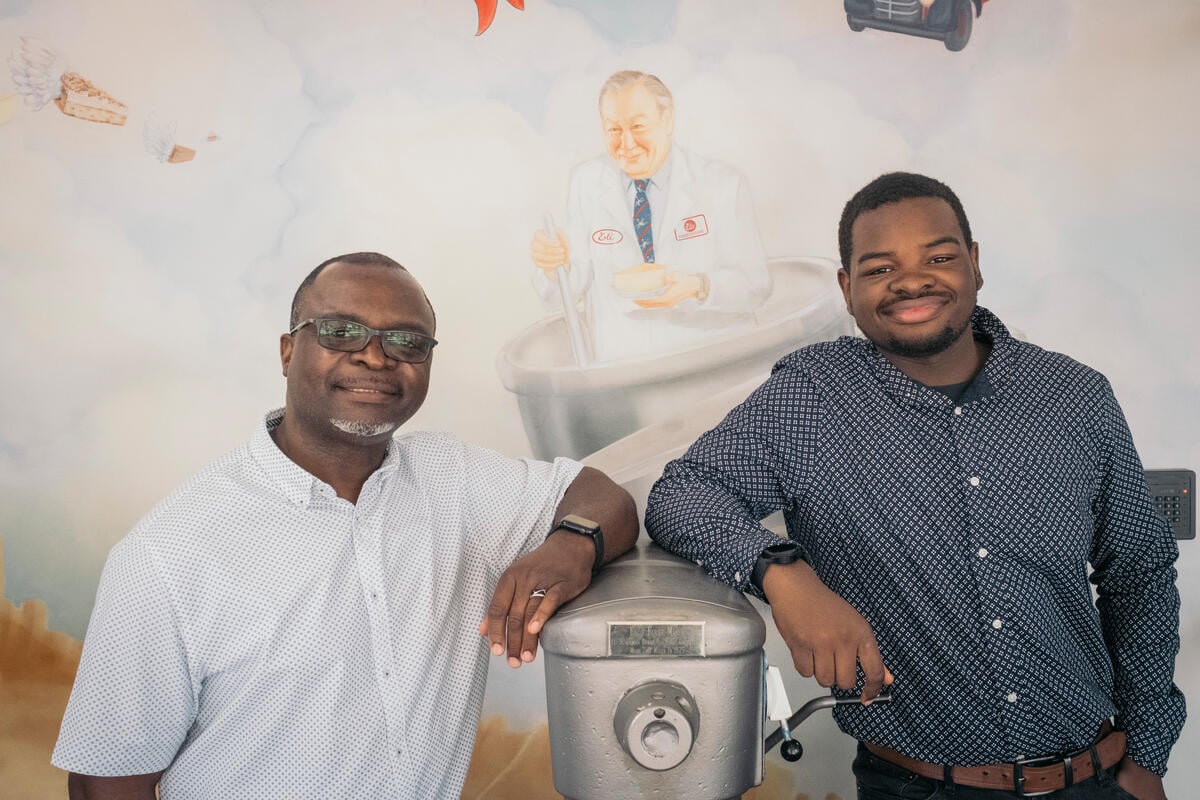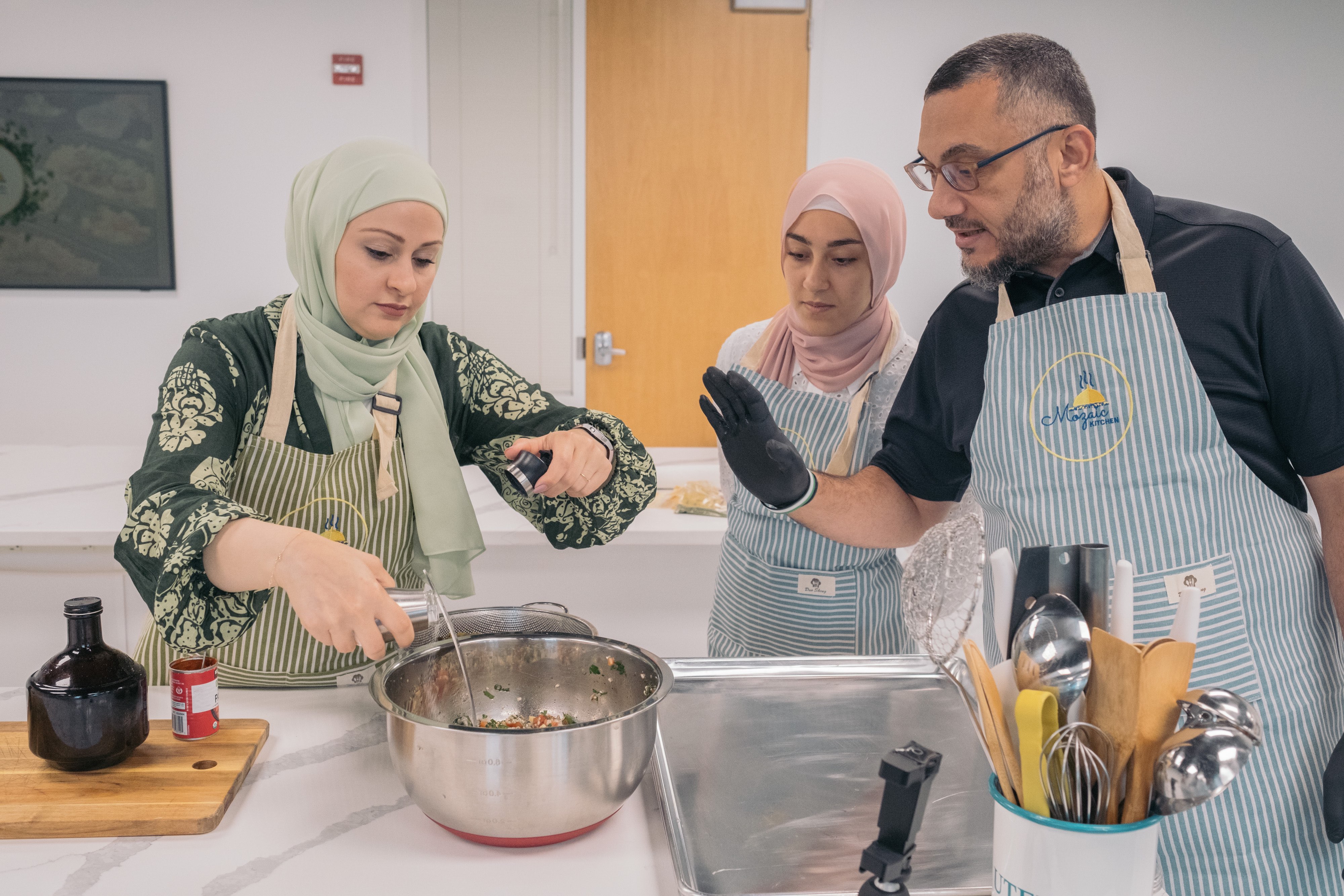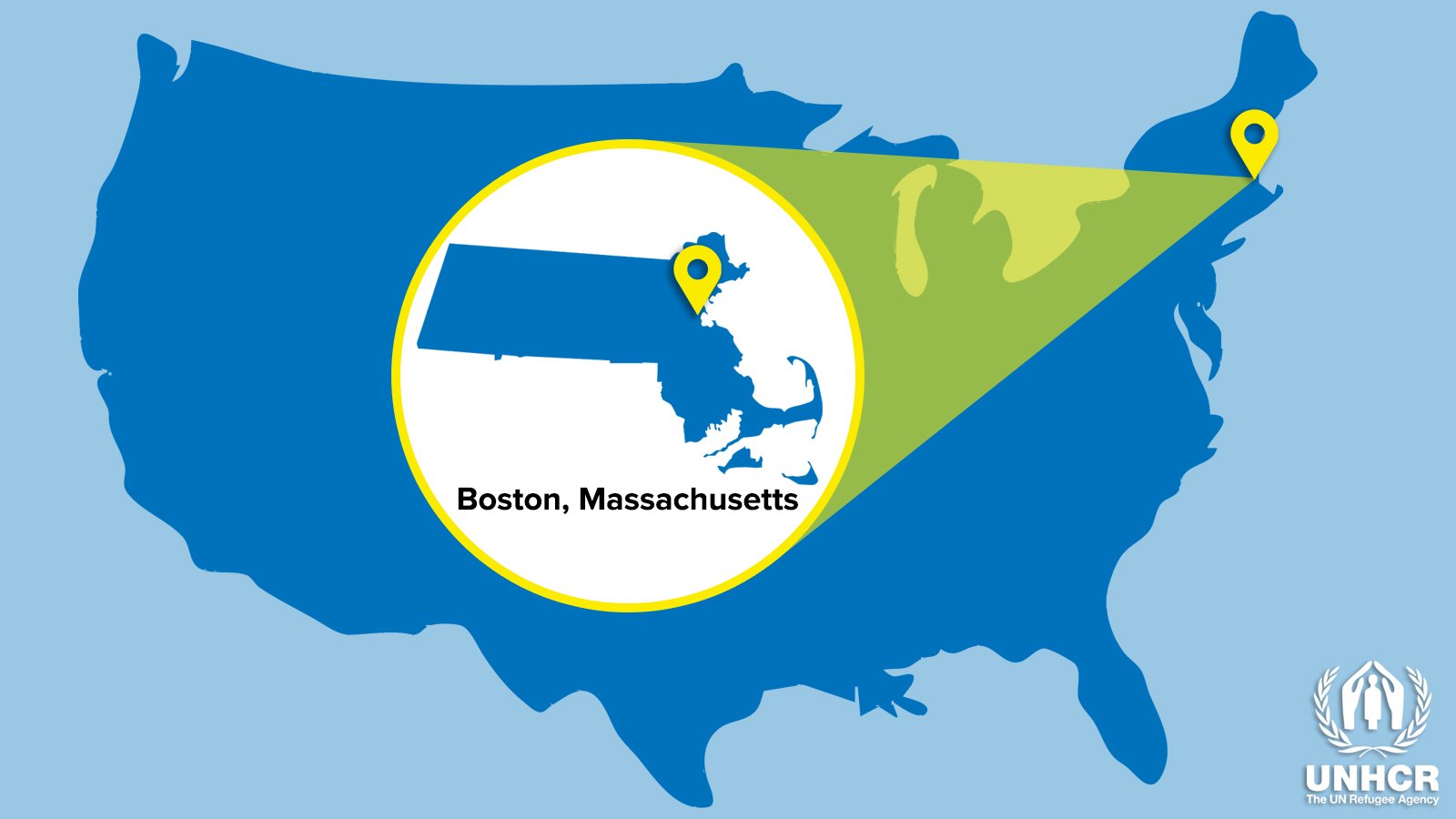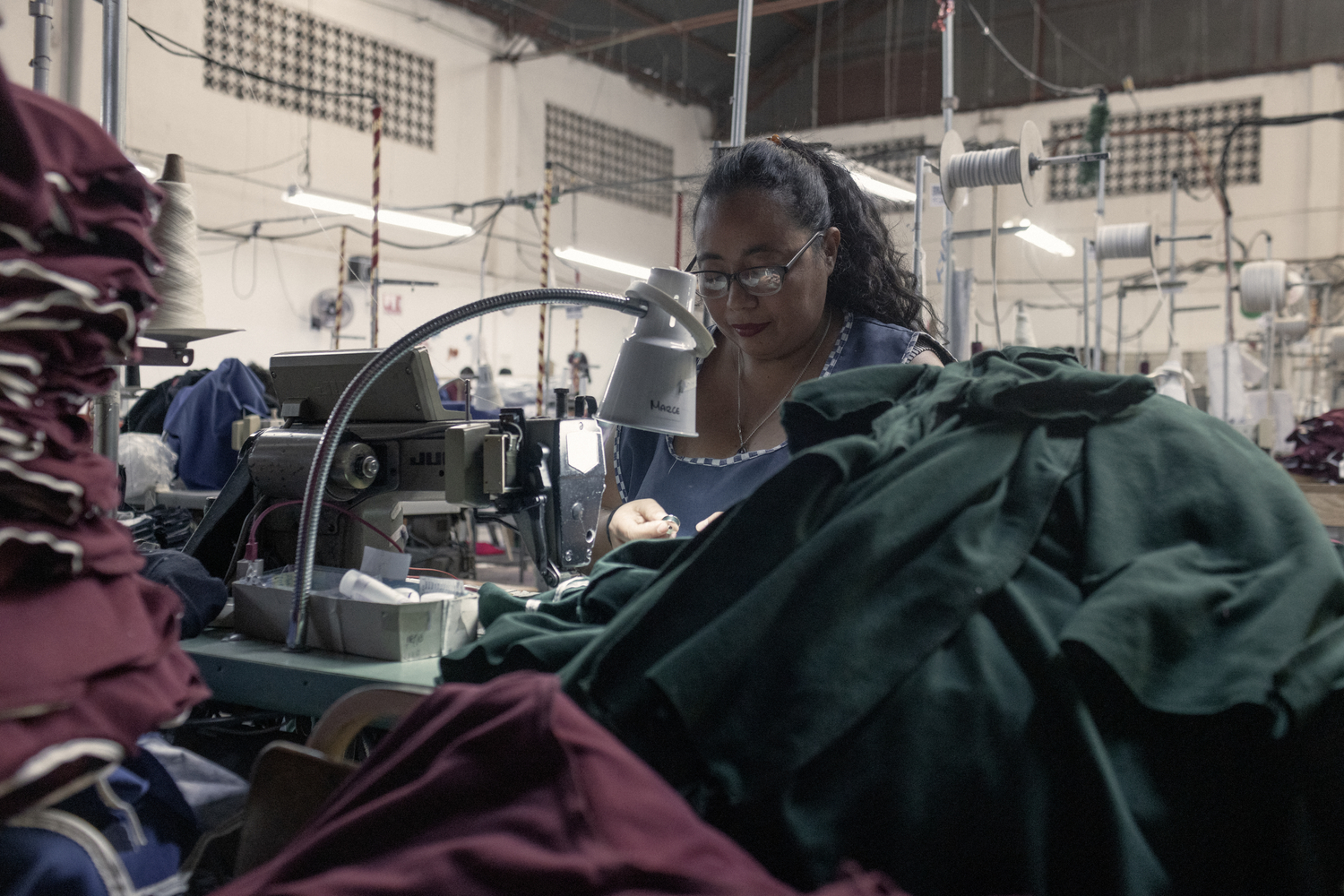Albuquerque, New Mexico continues long tradition of welcoming refugees
Albuquerque, New Mexico continues long tradition of welcoming refugees

Newcomers to cities and communities may not always feel like they belong. Barriers to housing, work, and education can keep some from feeling like they have a place to call home. Welcoming places provide equitable access, civic engagement and connected communities that can go a long way toward helping newcomers, including refugees, feel at home. The city of Albuquerque is one of these places.
Albuquerque, New Mexico has provided a home to resettled refugees for nearly 70 years. The area itself has a long history, spanning hundreds of years, as a sanctuary for the displaced. From offering protection to people forcibly uprooted during the 1680 Pueblo Revolt, an uprising of the indigenous Pueblo tribes against Spanish colonizers, to recently welcoming 315 Afghan refugees as part of Operation Allies Welcome and welcoming over 800 asylum seekers to the community this year.
“We have never second guessed our pro-immigrant or pro-refugee policies here in Albuquerque,” stated Mayor Tim Keller, at a celebratory World Refugee Day event in June. “We’re going to keep taking care of everyone who passes through our town and everyone who resides here. That is the ‘One Albuquerque’ spirit, and I believe that it is the American spirit.”
The needs of refugees and asylees are great, especially for municipalities already stretched by the Covid-19 pandemic which exacerbated issues like access to housing, education, transportation, and jobs. Housing in particular has become difficult to find for refugees as prices have skyrocketed in the Albuquerque area as they have across the United States.
To meet this need, Albuquerque developed the “Rent to a Refugee” program that provides training to local landlords, teaching them about who refugees are, the temporary support they receive from the U.S. government when they arrive and how local resettlement agencies are there to help manage each case file and housing application so that the landlords don’t have to figure everything out themselves.
Resettlement agencies are important partners for the city, as they provide wraparound services and case management for arriving refugees. One partner, Lutheran Family Services (LFS), has helped 3,000 refugees resettle in New Mexico over the past 10 years. In addition to language classes, housing, and education, LFS also helps refugees find jobs and become a part of the local workforce. Their program, “Road to Economic Freedom,” has helped refugees start 75 new businesses in New Mexico, more than 30 families purchase homes, and they have partnered with over 60 local employers to help them meet their workforce needs.
“Our vision is that every individual and family is safe, supported, and thriving as part of a resilient, flourishing community,” says Brian Brant, Senior Vice President of Programs at Lutheran Family Services Rocky Mountains. “Through the work that we do we’ve had the joy of celebrating successes with families as they start working – becoming teachers, nurses, pharmacists, and engineers – helping our city grow.”
Upon arrival in the United States, most resettled refugees find employment within three months, though language access and cultural adaptation to a new country isn’t easy. Critical workforce needs like nursing, first responders, retail, and education are some of the areas where refugees help fill the gaps locally.
Mohammed Munir arrived in the United States in October 2017. In Afghanistan, he had worked as an interpreter for the U.S. Army and subsequently received a Special Immigrant Visa (SIV) allowing him to start a new life in the United States. He says his first few months were difficult adapting. “Finding a job at the beginning was a little bit difficult because I had been teaching at a university for many years. I started working as a cashier, which helped me become more familiar with U.S. culture and allowed me to improve my English,” says Munir.
An experienced educator, he now works for Lutheran Family Services Rocky Mountains as an education coordinator, helping other refugees arriving in Albuquerque. According to Munir, “it’s my turn to use my knowledge and experience to help other people.”

Refugees are people who have been forced to flee their homes to escape violence or persecution. They leave everything behind to build a new life and home in a new, strange country. Cities like Albuquerque are extending a warm welcome knowing that when given the support they need newcomers can provide lasting benefits to the entire community that welcomes them.
“Taking care of refugees is part of the function of a city,” states Mayor Keller, “even though it is not the choice of refugees to leave their homeland, we are glad they have come to Albuquerque. Refugees make our city better.”









